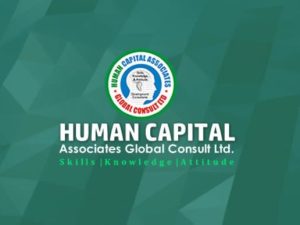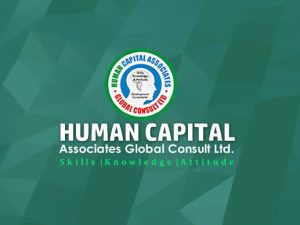Workshop on Document and Records Management Master-class
February 5 – 9, 2024, 1st Run: Lagos & Abuja
August 5 – 9, 2024, 2nd Run: Lagos & Port Harcourt
For Tutor -Led Class: 9am – 4:30pm
Workshop fee: N250, 000 per Participant
For online: Delivery via Zoom
Online course fee: N200, 000 per Participant
Available for In-plant Training
Program overview:
Managing an ever increasing volume of paper and electronic (digital) documents, records, knowledge and content can be very difficult. How do you best capture, manage and store the documents and records in your organization? Does your approach meet compliance requirements, security, regulations and standards? What is the best way to manage emails, web pages and electronic documents and paper records? How do you find the right documents and records when you need them? How does workflow and business process management work with documents and records management to help increase efficiency within your company? It is about attaining a records management benchmark of best practice, setting up methodology, processes and the resulting data storage and management system. This Documents and Records Management Master class program covers the strategies, tools, and techniques used to capture, categorize, manage, store, preserve (archive), and deliver documents and records in support of business processes.
For whom:
This program is designed for Office Managers, Document controllers and administrators, Document and Records Management personnel, Document Management Supervisors, Users of Document and Records Management, Personnel seeking to enhance their skills, IT Management and senior registry officials. Attendance to this training program would enable participants to develop a records management programme and implement it in their organization.
Learning objectives:
At the end of the course, participants will be able to:
- explain the legal environment that surrounds records management and their responsibilities in terms of the law;
- make informed decisions relating to electronic records, and advise their organizations accordingly;
- conduct a records audit as a basis for developing a records management strategy;
- create and implement a records management roadmap and programme;
- manage records on all formats;
- develop a Business Classification Scheme or File Plan;
- implement a retention schedule;
- implement a systematic disposal programme to destroy or transfer records which no longer have value;
- discuss the risks associated with various types of records media and protect against these risks;
- distinguishes vital records, and implement a vital records plan;
- initiate a change and communications change plan; and
- implement an on-going audit and assessment plan record keeping best practices.
Course outline:
DAY 1 – What is Document and Records Management
- Definitions and core concepts
- Understanding Documents V Records, Archives
- Managing electronic records, Metadata and naming conventions
- Managing micrographic records, managing audio-visual records
- Managing security classified records in all formats
- Digital preservation vital records
DAY2 – Regulatory Environment and Strategy
- Statutory and regulatory framework applicable to records management
- Records Management standards, Implications for Electronic records
- Setting up a Records Management program & strategy
- Records audit using Generally Accepted Recordkeeping Principles (GARP)
- The DIRKS Methodology (Developing and Implementing a Record Keeping System)
- Functions and responsibilities of a Records Manager
DAY 3 –Change Management and Implementation
- Communications and change management
- Creating and rolling out communications plan?
- Managing records on all media
- Paper-based records, Cartographic records, Audiovisual records
- Caring for magnetic media, Magnetic tapes,
Caring for optical media
- Micrographic records, Audio-visual records,
Electronic Records Management
- Born-digital documents and records, Scanned images,
Digital signatures
- Electronic Document and Records Management Systems
(EDRMS)
DAY 4 -Records Classification
- Designing, implementing and maintaining a records
classification system
- Records Inventories and audits
- Creating Functional subject filing systems
- Designing and implementing a new file plan/classification scheme
- Integrating document and records management classification
- Records security classification
DAY 5 –Disposal and Compliance Monitoring
- Retention and Disposition, Understanding the records lifecycle
- Creating retention schedules, creating a Systematic disposal
programme
- Gaining control, Current records, Terminated records
- Applying for approval to destroy, Current records
- Terminated records, Disposal of records, Destruction of records
- Transfer of Records, Transfer to an archive, Compliance Monitoring
- On-going audits, Developing and conducting Maturity assessments
Training Methodology
Lectures, discussions, exercises, and case studies will be used to reinforce these teachings/learning methods.
Related Courses





